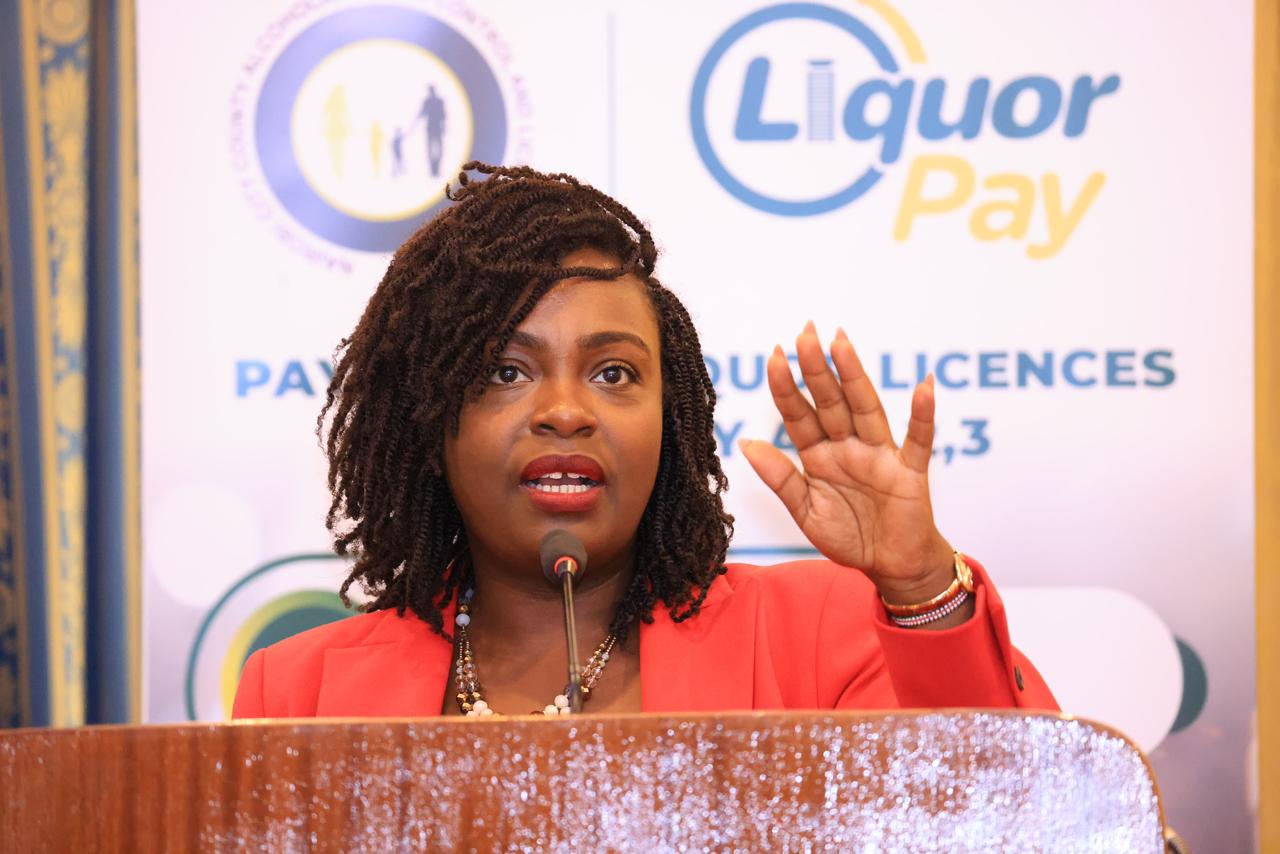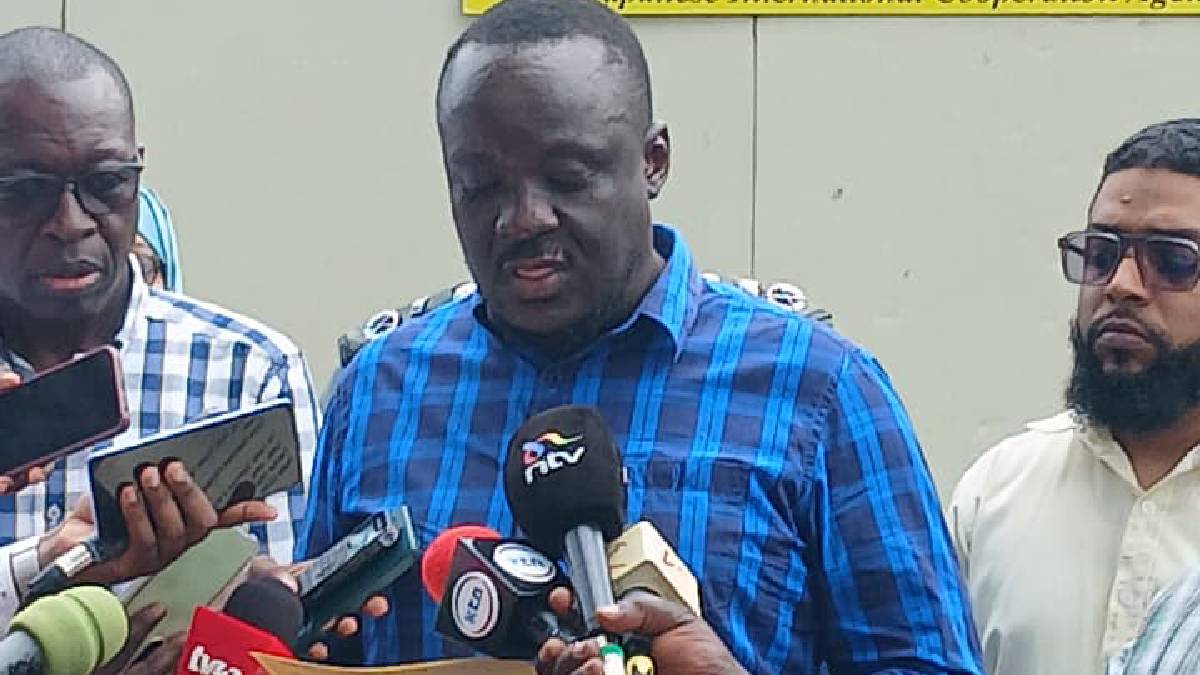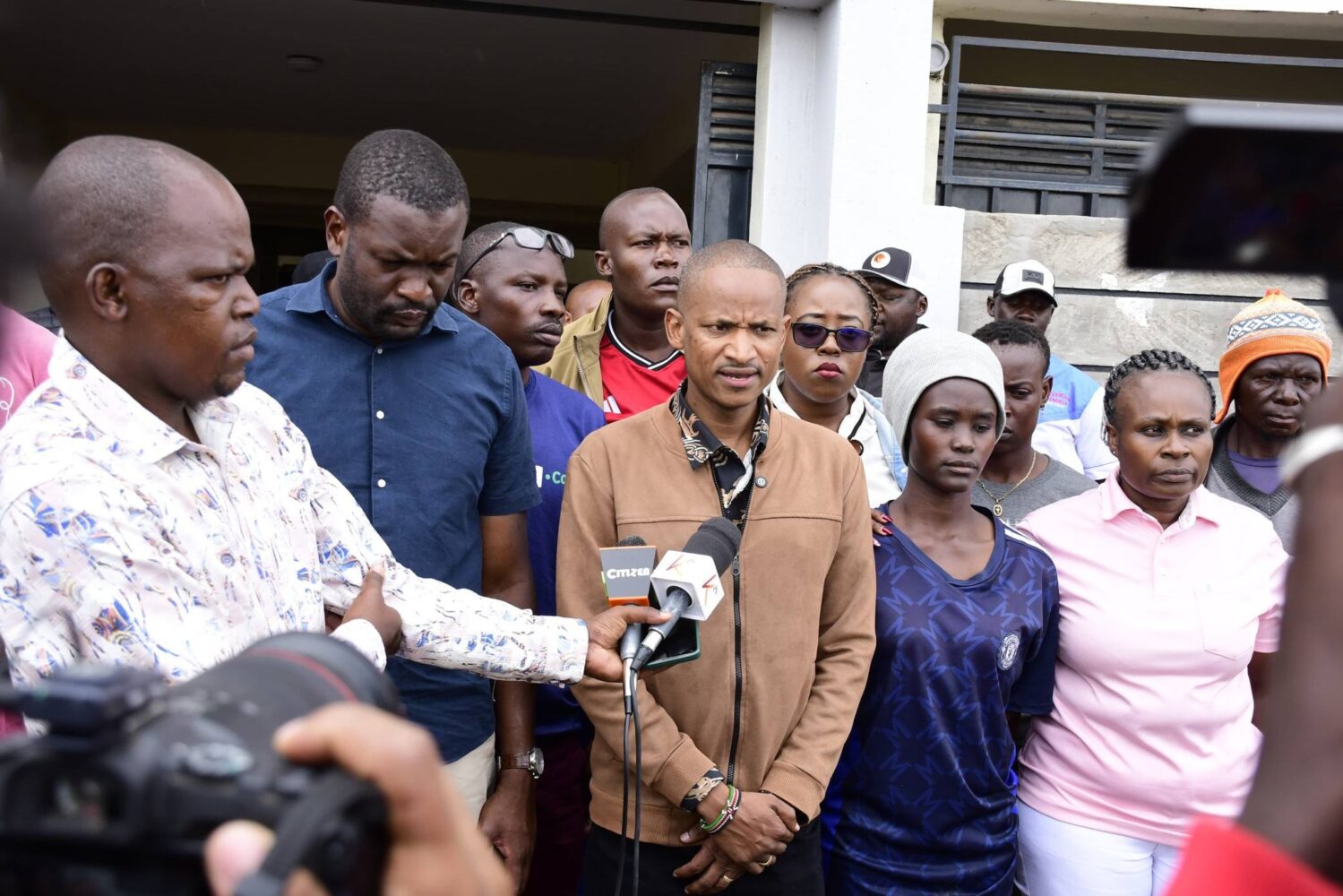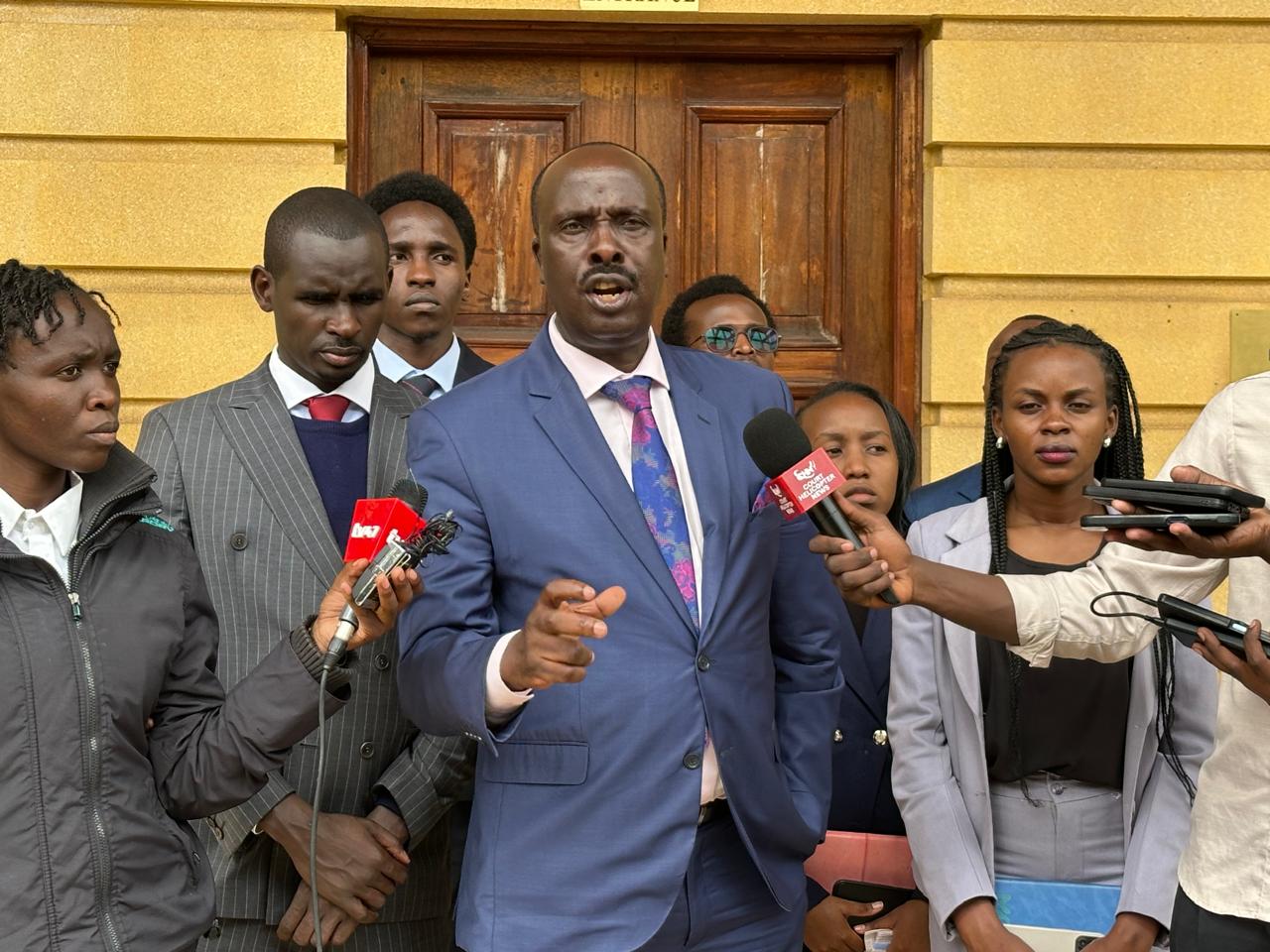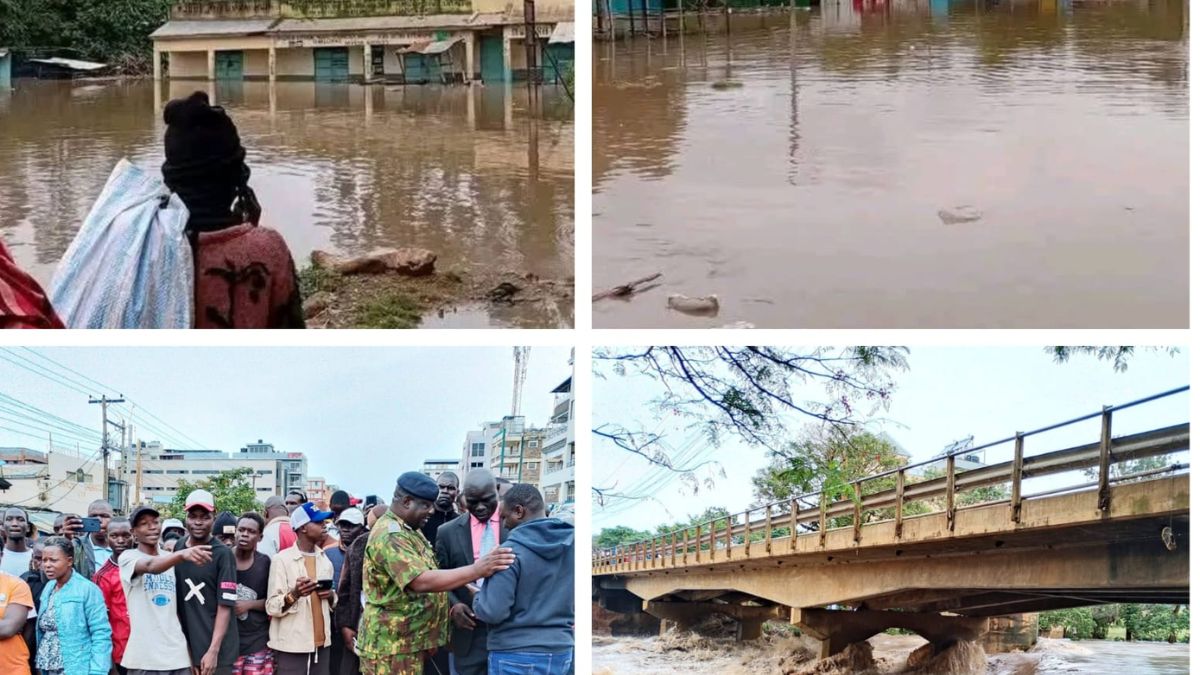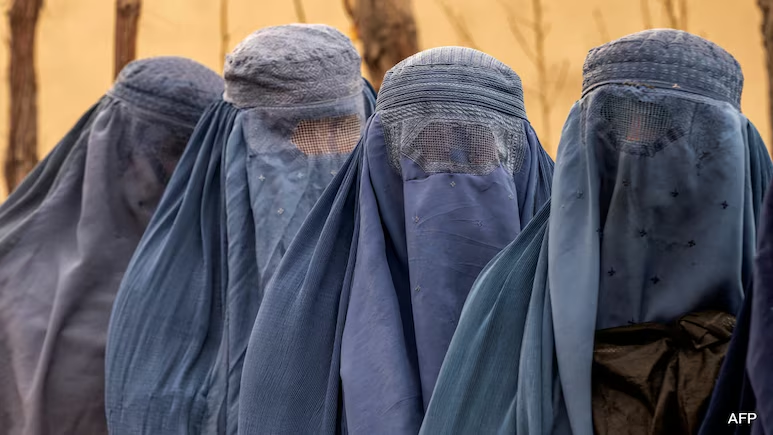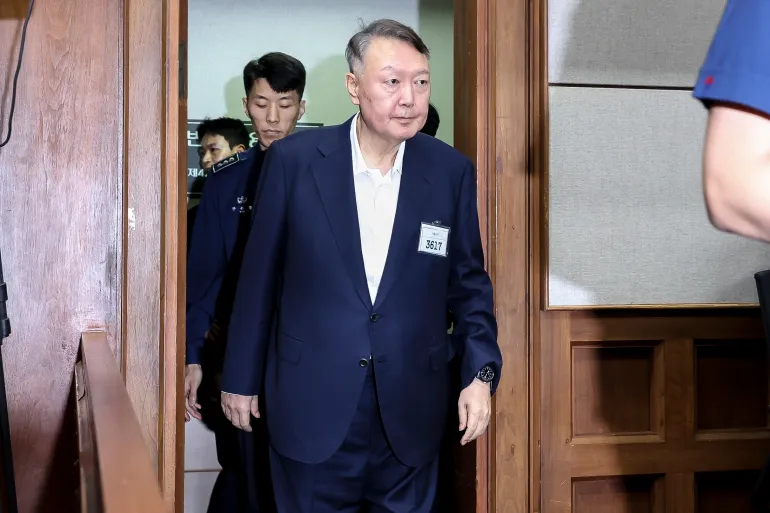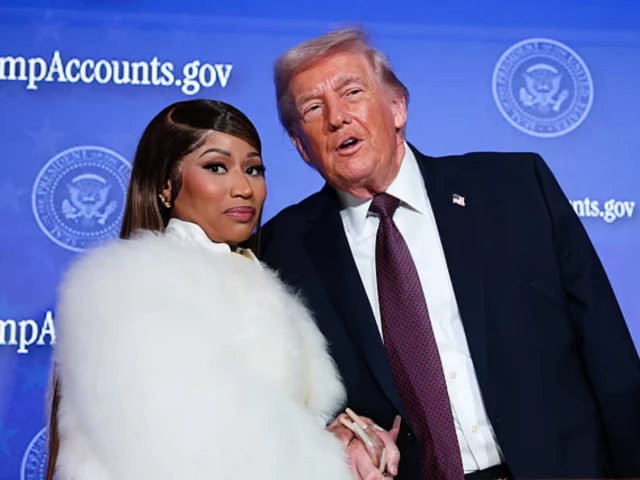Kenya’s healthcare sector is on edge after the Kenya Pharmaceuticals Distribution Association (KPDA) issued a stark warning, citing a looming nationwide drug shortage within two weeks.
The association blames the crisis on the Pharmacy and Poisons Board (PPB), which it claims has restricted access to over 21,000 essential medicines.
According to KPDA Chairperson, Dr. Kamamia Wa Murichu, the PPB reconfigured its medicine importation portal as part of efforts to prepare for a World Health Organization (WHO) audit aimed at elevating Kenya’s regulatory authority to Maturity Level 3 status. Murichu states this move has unintentionally crippled medicine imports.
“Over 21,000 essential medicines have been blocked from importation. Kenya is 80% reliant on imported medicine, making this disruption a direct danger to public health and economy,” reads a press release by the KPDA Chairperson, Kamamia Wa Murichu.
He warns that the national stocks of life-saving drugs could run critically low in two weeks, affecting antibiotics, cancer therapies, antimalarials, vaccines, insulin, blood pressure drugs, and HIV therapies.
The KPDA also warns that drug prices could soar 30% to 50%, piling pressure on households already burdened with high healthcare costs. “Diabetes treatment costs, currently at Ksh 4,000 – 6,000, could rise to Ksh 7,000 – 9,000,” Dr. Murichu continues, “this will push thousands of households below the poverty line.”
The association argues that the PPB’s sudden system change undermines prior stakeholder agreements and risks eroding trust within the pharmaceutical arena. “Such unilateral changes undermine trust between the regulator, healthcare providers, the public, and risk paralyzing the very system they are mandated to protect,” said Dr. Murichu.
However, the Pharmacy and Poisons Board (PPB) has dismissed KPDA’s claims, describing them as “deceptive and intended to incite public fear.”
In a statement, the PPB maintained that no medicines have been blocked, clarifying that approximately 9,000 registered medical products remain fully accessible and compliant with national and international safety standards.
“Contrary to these falsehoods, there is no blockade of medicines in Kenya,” the Board said. “Essential drugs remain available for local manufacture, importation, and distribution.”
The KPDA insists that an urgent intervention is required. The association has called on President William Ruto, the Ministry of Health, and Parliament to step in immediately to restore access to the affected medicines and avert a “national health disaster.”
“Failure to act will plunge Kenya into a preventable public health catastrophe, destabilizing healthcare and the economy,” said Dr. Murichu.
He also warned of potential job losses across 12,000 pharmacies and 6,000 health facilities, with ripple effects across the 20,000 people employed directly in the pharmaceutical sector.
“Medicine shortages will force Kenyans to seek treatment abroad, worsening medical tourism outflows already estimated at Sh10 billion annually,” he noted.
As the standoff continues, millions of Kenyans are left anxious as the country’s fragile healthcare system anticipates what could become one of its most severe drug cases in recent history.



